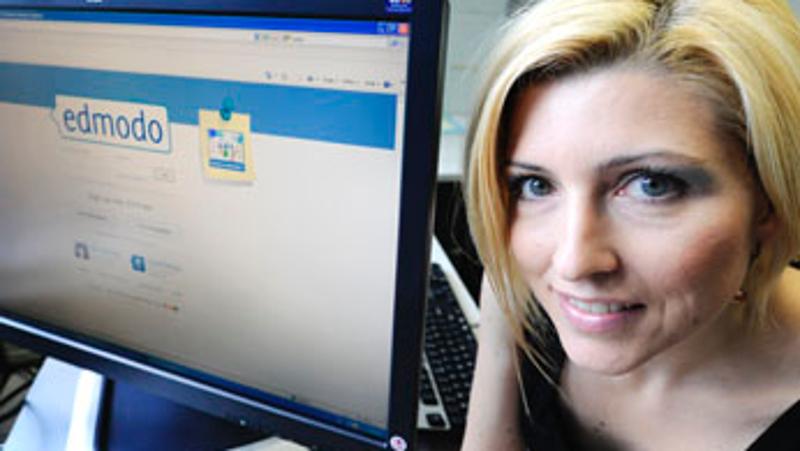
Bringing the new art of micro blogging into the classroom could be just the key to getting disengaged students interested in writing again, new Queensland University of Technology (QUT) research by Drs Kathy Mills and Vinesh Chandra has found.
Micro blogging - a short post, such as a "tweet" on Twitter, or a Facebook status update - has increased in popularity, and researcher Dr Kathy Mills said it was a new way to get students interested in writing at school.
"Micro blogging is very different to previous forms of literacy teaching - the book, for example, is one way communication, and there is no room for the text to reflect on itself," she said.
"However, multiple people can contribute to and comment on text in micro blogging - it is all about rapid interaction and communication."
"We thought it might have some potential in terms of learning among younger students, so we gave pre-service primary teachers the opportunity to use the technology first-hand," added Dr Chandra.
During the study 166 pre-service teachers explored how micro blogging might be used for literacy learning in primary schools.Students created online stories together, with each person contributing something to continue the story - a never-ending story in online form.
"We have been using a site called Edmodo, and there are a range of other free and secure micro blogging sites which can be used for educational purposes," said Dr Mills.
"We have also tried this in a primary classroom, and we really found a great response, especially among primary-aged boys who had demonstrated during classroom observations that they were turned off writing.
"They were keen to write a story when they were involved and interacting, and because they had to read all the previous posts and continue reading the story after they had posted, it meant they were using creativity and comprehension skills.
"It is an educational activity that has lots of positive benefits, but to them it's fun.
"This is a great way for educators to integrate informal literacy practices into formal learning environments, because it is already a highly motivating communication activity. It also transforms the writing process, because of rapid interactivity between authors and readers.
"This also creates a supportive community of learners, because they are collaboratively constructing a text."
Dr Chandra said all participants in the study were asked to write a post about their experience and there was not a single piece of negative feedback.
"Micro blogging is a great way of tapping into the types of community students are motivated to use, and creative teachers can utilise technology for conventional or new purposes," he said.
"The nature of literacy is changing in society, with the increasing digitalisation of communication, and teachers need to broaden their teaching strategies to move with the new times."
Media contact: Sharon Thompson, QUT media officer - 3138 2999 or sharon.thompson@qut.edu.au




